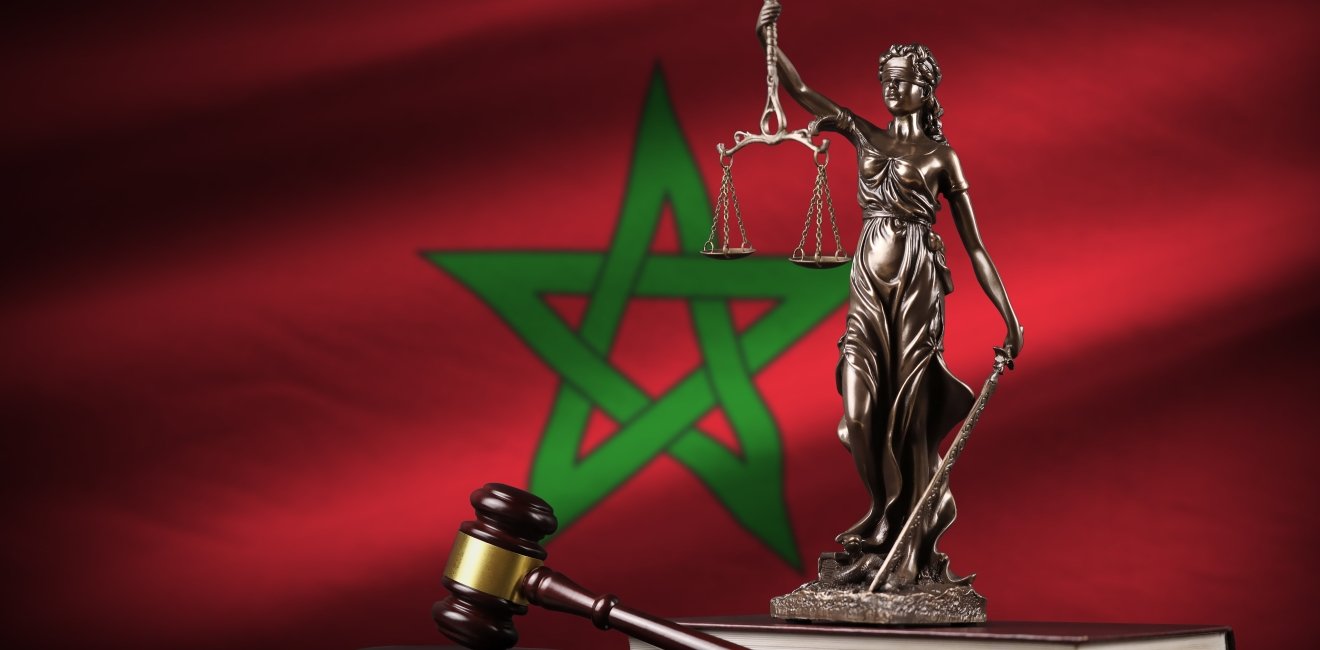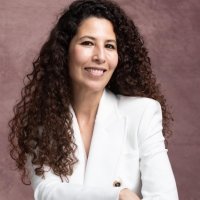Many Moroccans view Sharia-based reforms as a way to ensure legal changes align with their values. This suggests that gender equality advocates must adopt a culturally sensitive approach.
After months of consultations, a commission tasked with revising the Moroccan family law, or ‘Moudawana,’ handed over its findings to the Moroccan prime minister to be the basis of a potential draft bill.
When the Moudawana was first codified in 1957, it reflected patriarchal norms. Since then, it has undergone a series of reforms—most recently in 2004, when the marriage age was raised to 18 and consent mandated for polygamy. While these reforms were initially hailed as a victory for women's rights in Morocco, they suffered from poor implementation, cultural resistance, and legal inconsistencies, undermining their effectiveness.
In a landmark July 2022 speech, Moroccan King Mohammed VI emphasized the urgent need for comprehensive reform of the family law. His call for reform reflected the broader goal of aligning Morocco’s legal framework with global human rights standards and addressing the evolving needs of Moroccan society. A new and revised Moudawana would demonstrate the potential for progressive reform and exemplify a culture of consensus and inclusive dialogue. But it has already sparked a backlash, reflecting Moroccan society’s split between progressive ideals and entrenched patriarchal norms.
Areas of reform
Among the key proposed reforms is the abolition of legal child marriage, a practice still prevalent in Morocco even though the current legal age of marriage is 18. In 2018, 32,000 child marriage exemption requests were submitted and 26,000 (81%) approved. By 2020, out of 20,000 requests, 13,000 (65%) were granted.
The proposed family law also addresses inheritance rights, one of the most contentious areas of gender equality in the country. The current proposals gives women greater freedom in estate distribution, directly challenging the traditional ‘double share for males’ principle.
Lastly, the reforms propose a standardized judicial process for divorce that ensures fair distribution of responsibilities and assets, joint parental custody, and equal guardianship rights for both mothers and fathers. Addressing the status of single mothers is a crucial aspect, as they currently face significant social stigma and legal challenges. The reforms aim to provide them with legal recognition and protection.
Societal backlash
While women's rights activists, NGOs, and leftist parties are driving the reform, public support for these reforms is limited. A recent survey indicates that only 24% of the population believes inheritance laws should be revised to ensure gender equality, and almost 8 in 10 Moroccans (78%) believe that any reforms to promote gender equality should be based on Islamic law.
The proposed changes have ignited substantial political and social debate, with wide-ranging differences among political parties. The former prime minister and current secretary-general of the Islamist-leaning Justice and Development Party (PJD), Abdelilah Benkirane, has strongly opposed any amendments that he considers contradictory to Islamic laws and threatened to organize a mass protest against such changes.
Consensus-based reform
Given this context, it is essential to acknowledge the deep-rooted respect for religious and cultural traditions, especially concerning family and gender roles, in Moroccan society. Islamic law, or Sharia, is seen as both a legal framework and a moral guide. Consequently, many Moroccans view Sharia-based reforms as a way to ensure legal changes align with their values. This suggests that gender equality advocates must adopt a culturally sensitive approach.
For instance, King Mohammed VI's call for family law reform was particularly significant given his dual role as Head of State and Commander of the Faithful, which merges political leadership with religious authority. This unique position enables him to bridge traditional values and progressive changes, balancing religious adherence with evolving societal demands. In his 2022 speech, he emphasized that while he cannot change Islamic teachings directly, he can promote progressive interpretations through ‘ijtihad’—the traditional Islamic practice of interpreting law. His endorsement was crucial for navigating conservative opposition and showing that such reforms are both legally necessary and religiously permissible.
To advance these reforms, in late June, King Mohammed VI instructed the Supreme Council of Ulema, the sole authority qualified to issue officially recognized fatwas in Morocco, to review the submitted proposals, particularly those involving religious texts, and provide a fatwa based on their analysis of Islamic principles. By advocating for moderation and constructive interpretation, the King highlighted the necessity of a balanced approach in the council's review. This strategy, engaging religious scholars to interpret Islamic teachings in support of gender justice, aims to foster broad-based support, mitigate opposition, and bridge the gap between modern needs and traditional values through open and inclusive dialogue.
A participatory approach, involving a wide range of stakeholders from political parties, trade unions, academics, civil society organizations, and religious authorities, has also been essential for the reform process. Consultative meetings with over 1,500 associations has facilitated broader buy-in, crucial for the reforms' legitimacy and acceptance. Without social consensus, the risk of backlash and non-compliance rises, potentially undermining the reforms' long-term success.
What are the implications?
While the proposed changes aim to address gender inequality, one must question whether they genuinely tackle the root causes of gender inequality in Morocco. Abolishing child marriage and simplifying divorce procedures are significant steps, but without addressing the underlying socioeconomic conditions and deep-seated cultural norms that perpetuate these practices, the reforms may fall short of achieving their intended impact.
Moreover, the reform’s success will also depend not only on their enactment but also on effective implementation and enforcement. Judicial inertia, cultural resistance, and logistical constraints pose major obstacles. Therefore, training judges, legal practitioners, and administrative staff on the new provisions is necessary to ensure consistent application of the laws.
Establishing monitoring mechanisms to track compliance and address issues as they arise is crucial, while public awareness campaigns and legal education can help mitigate cultural resistance by fostering understanding and support for the new laws.
While the future of these reforms remains uncertain, Morocco could become a model for progressive legal reform in the Arab world. The ongoing dialogue and inclusive approach to reform highlight that meaningful progress is possible through cooperation and compromise, even in a polarized society.
The views represented in this piece are those of the author and do not express the official position of the Wilson Center.








